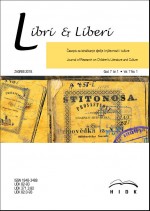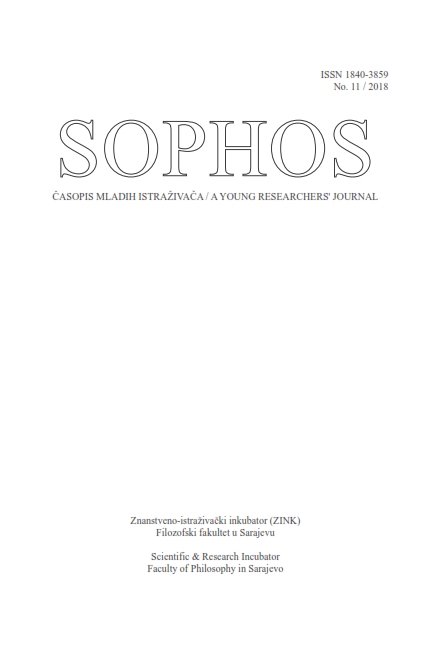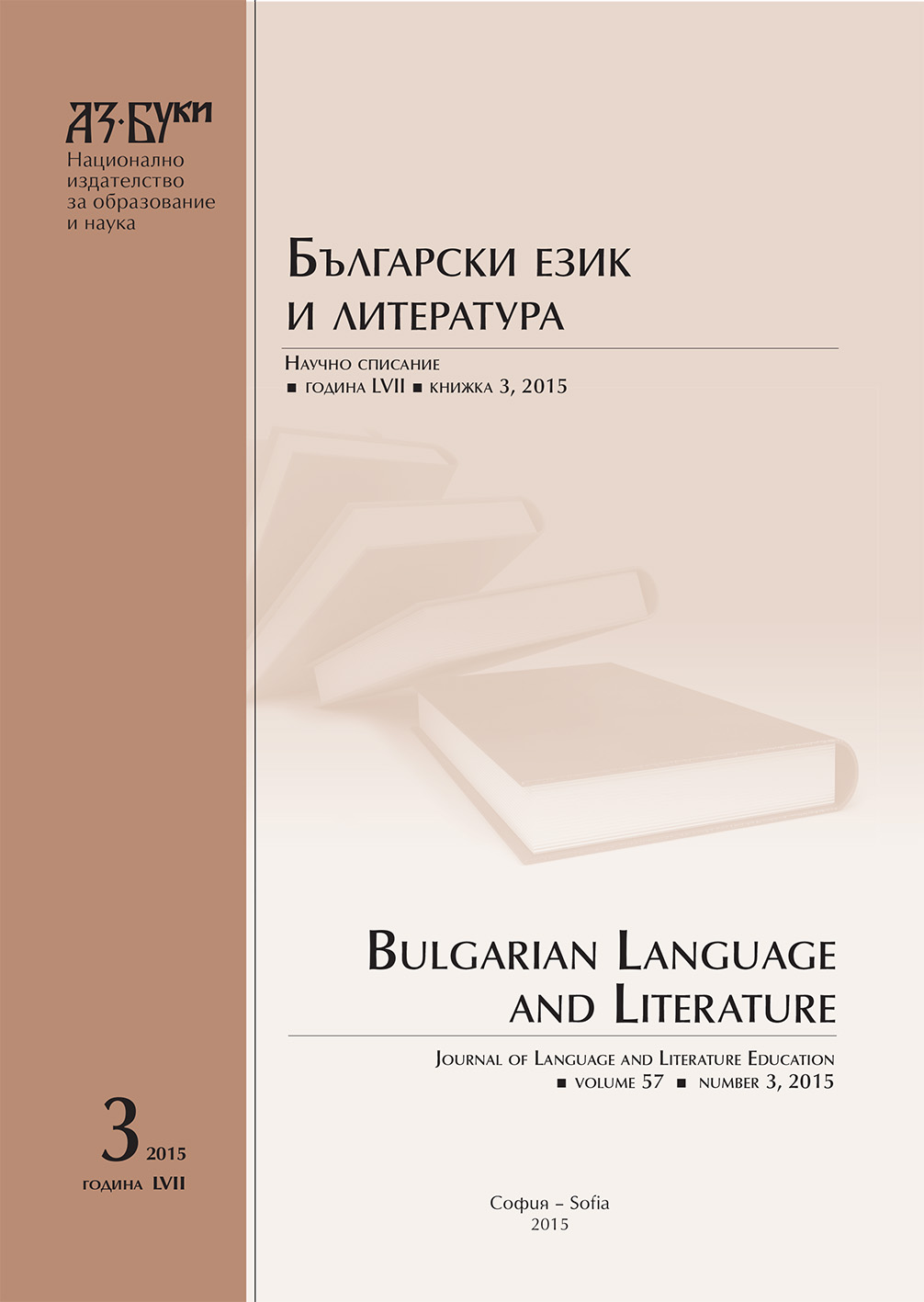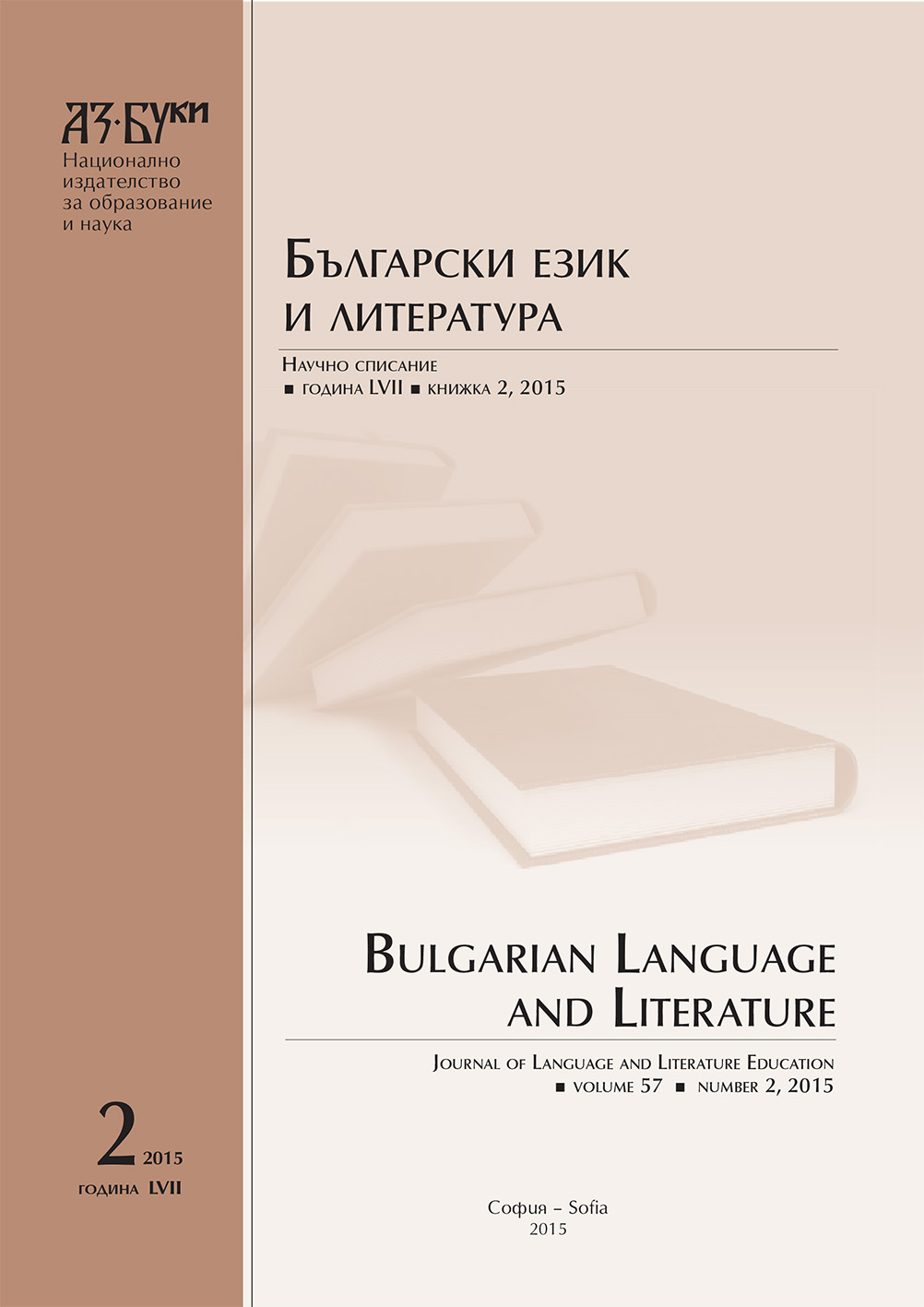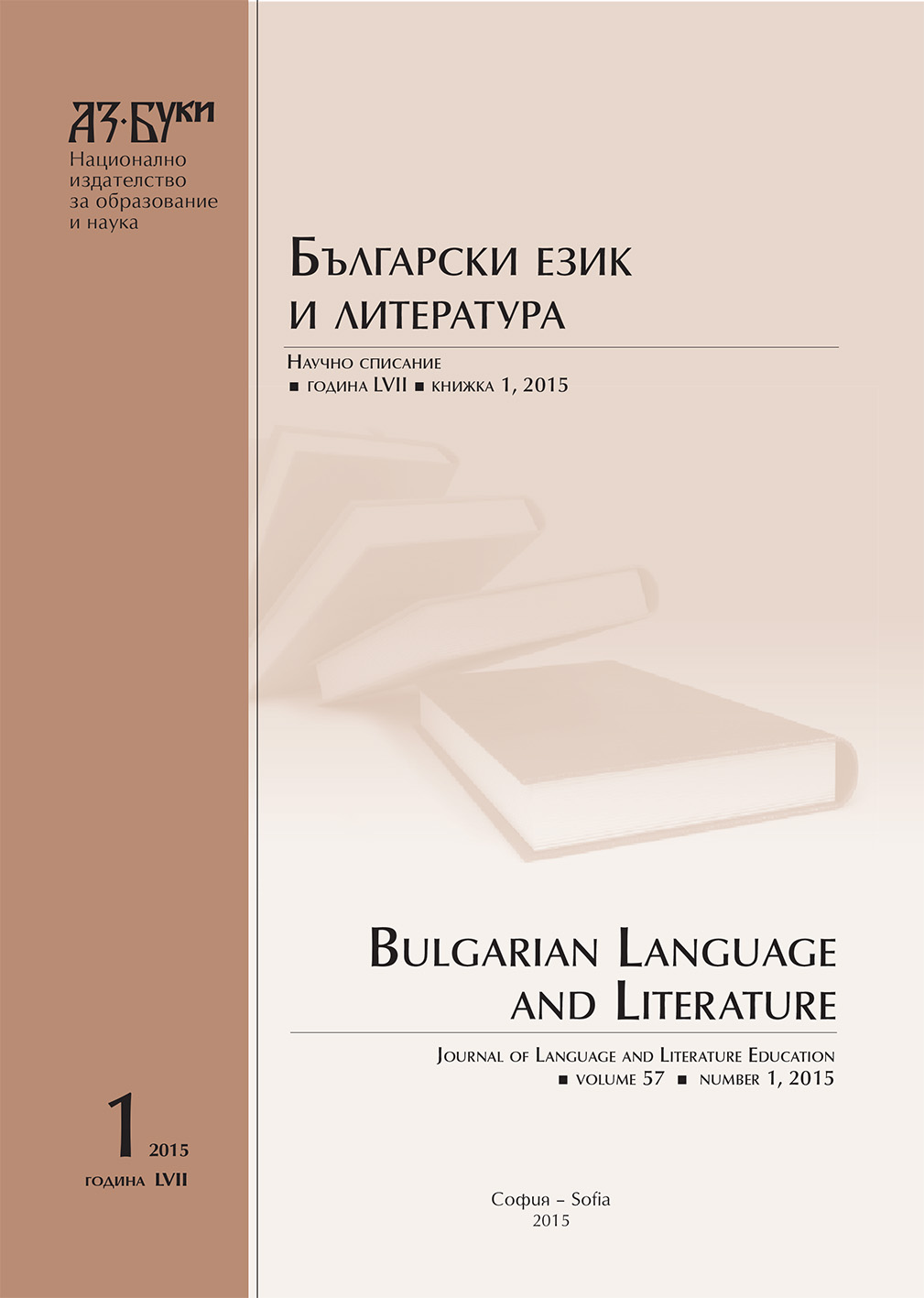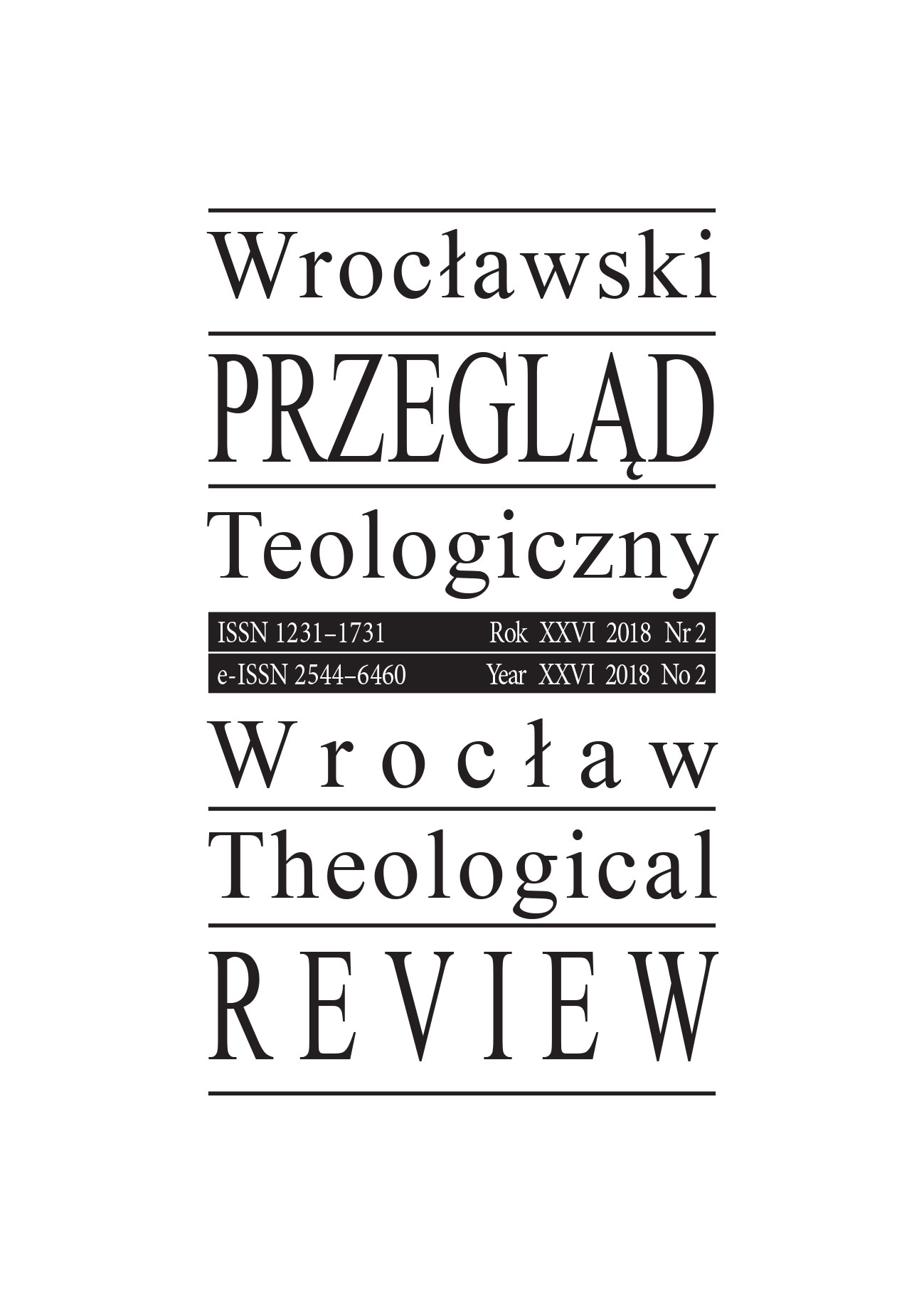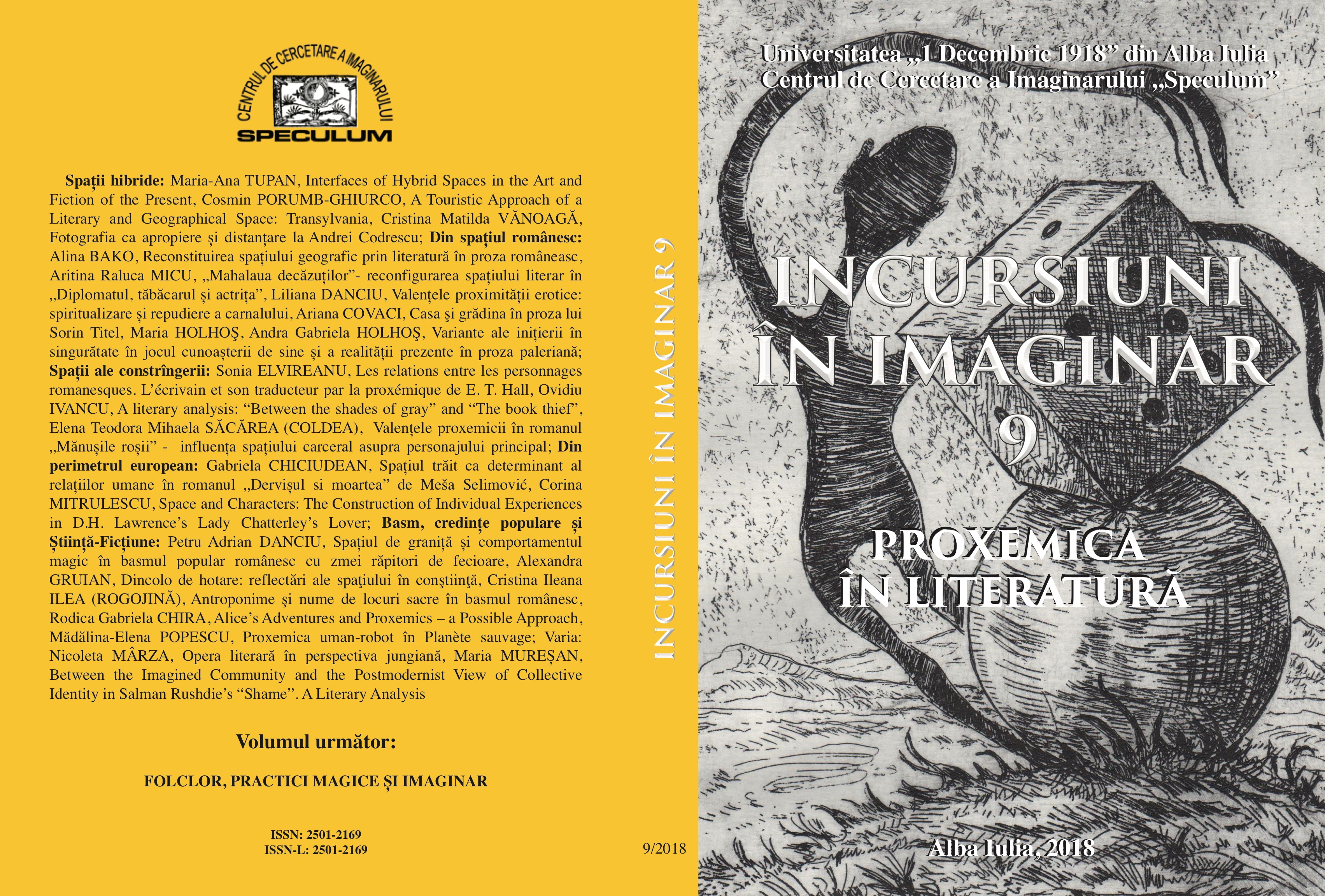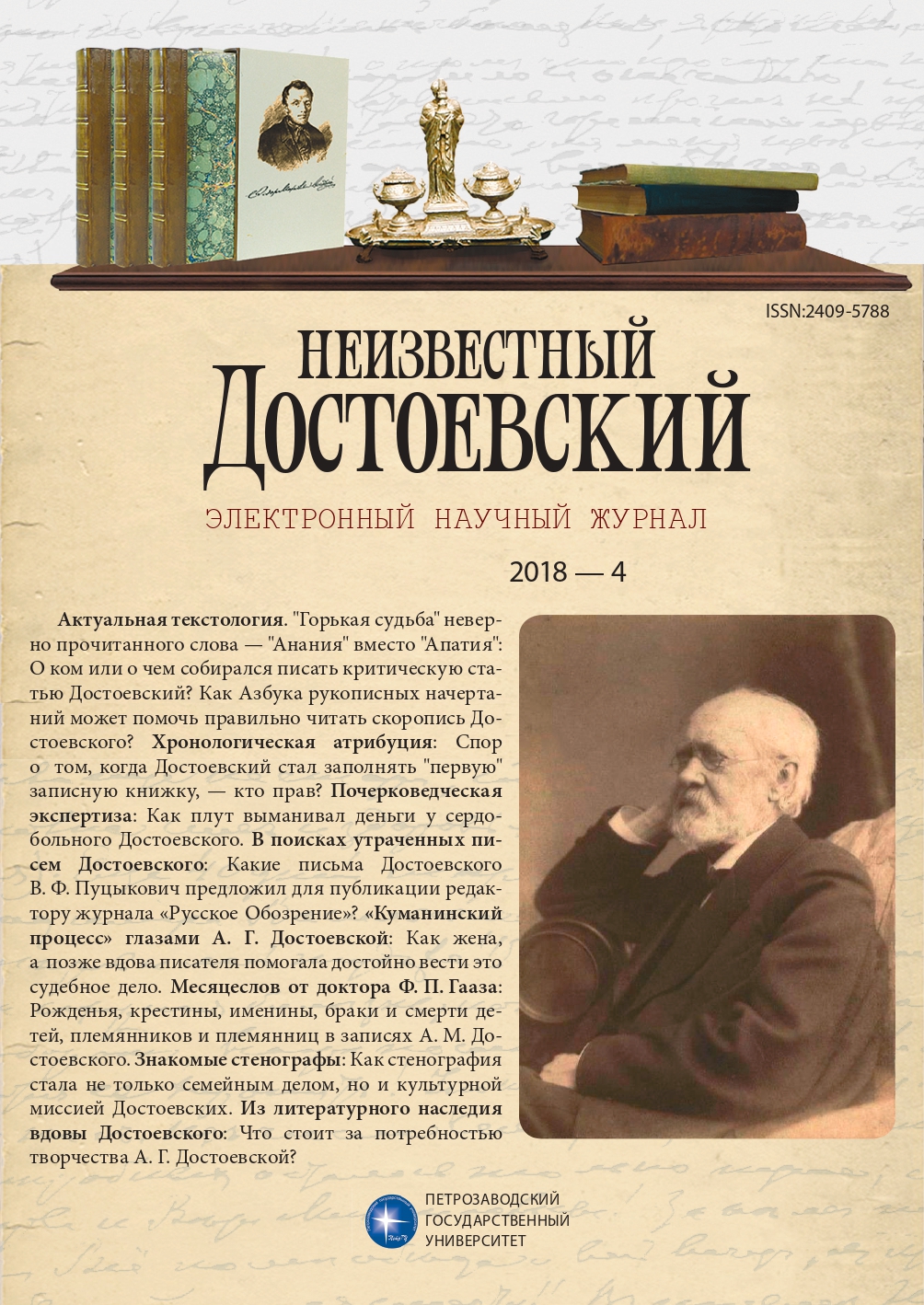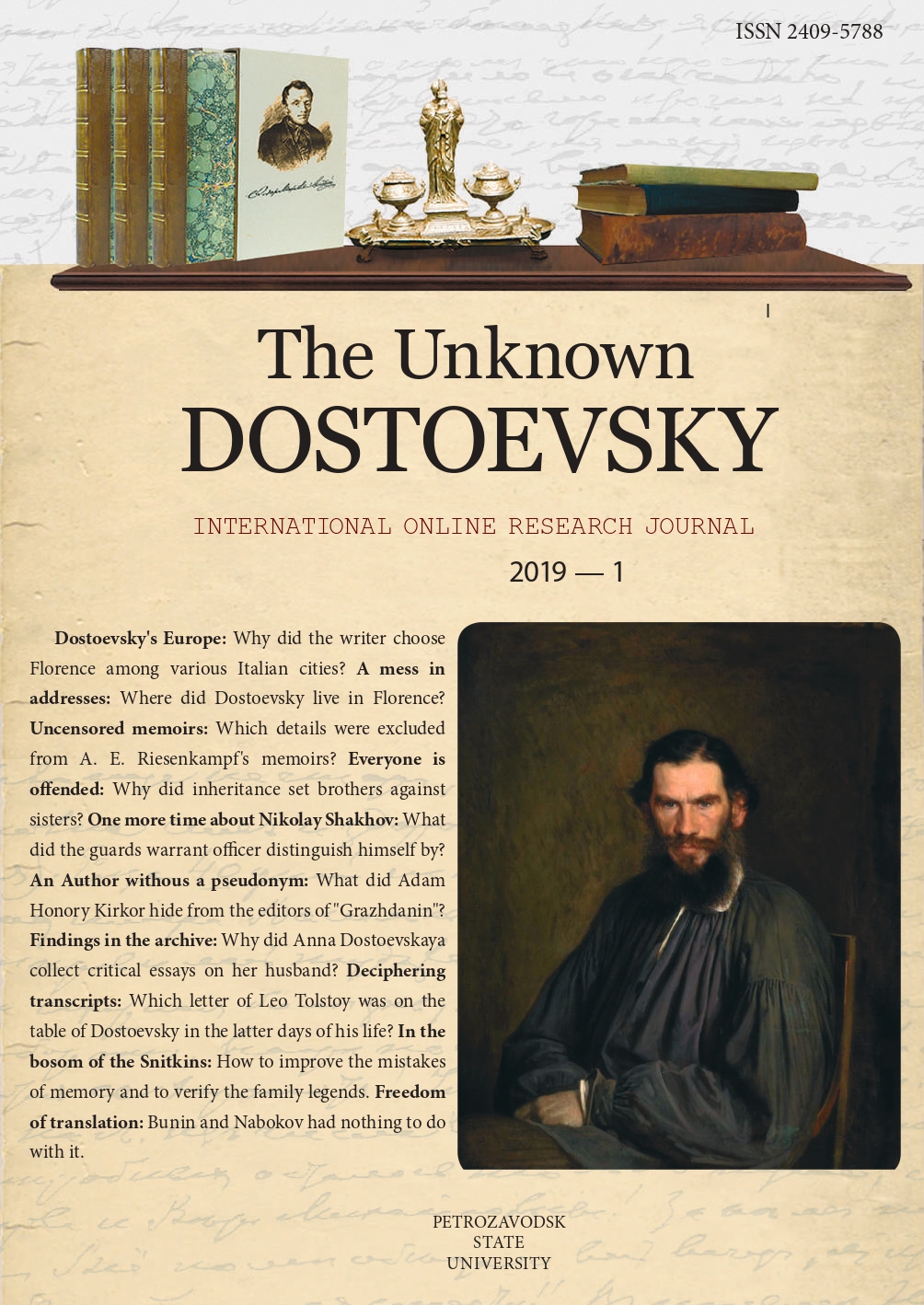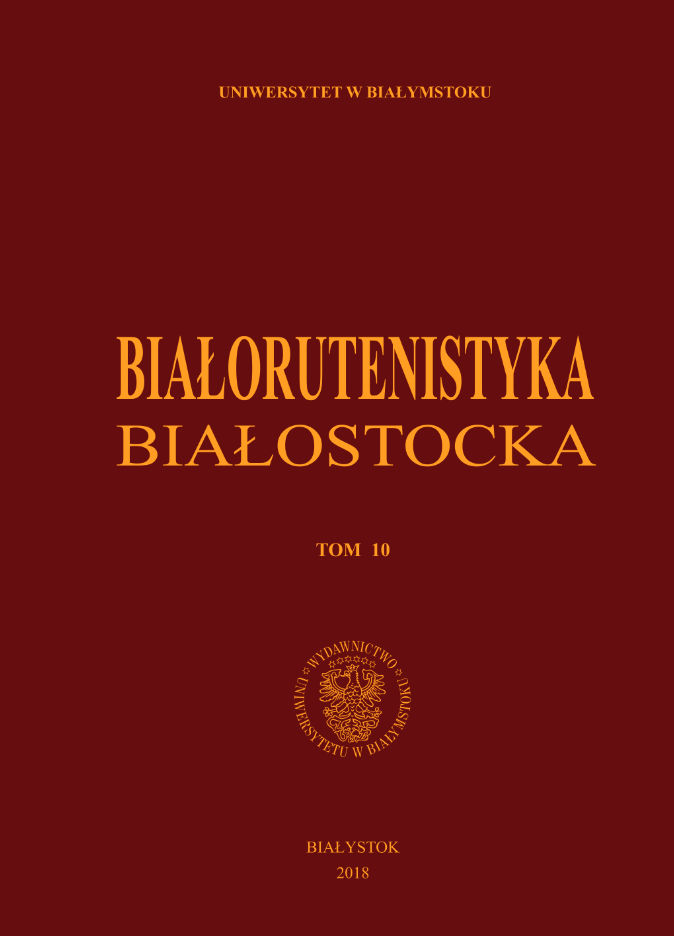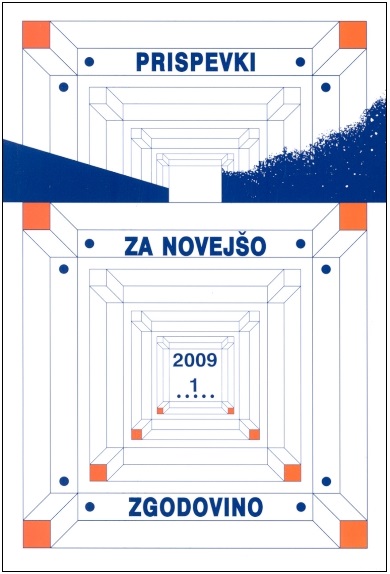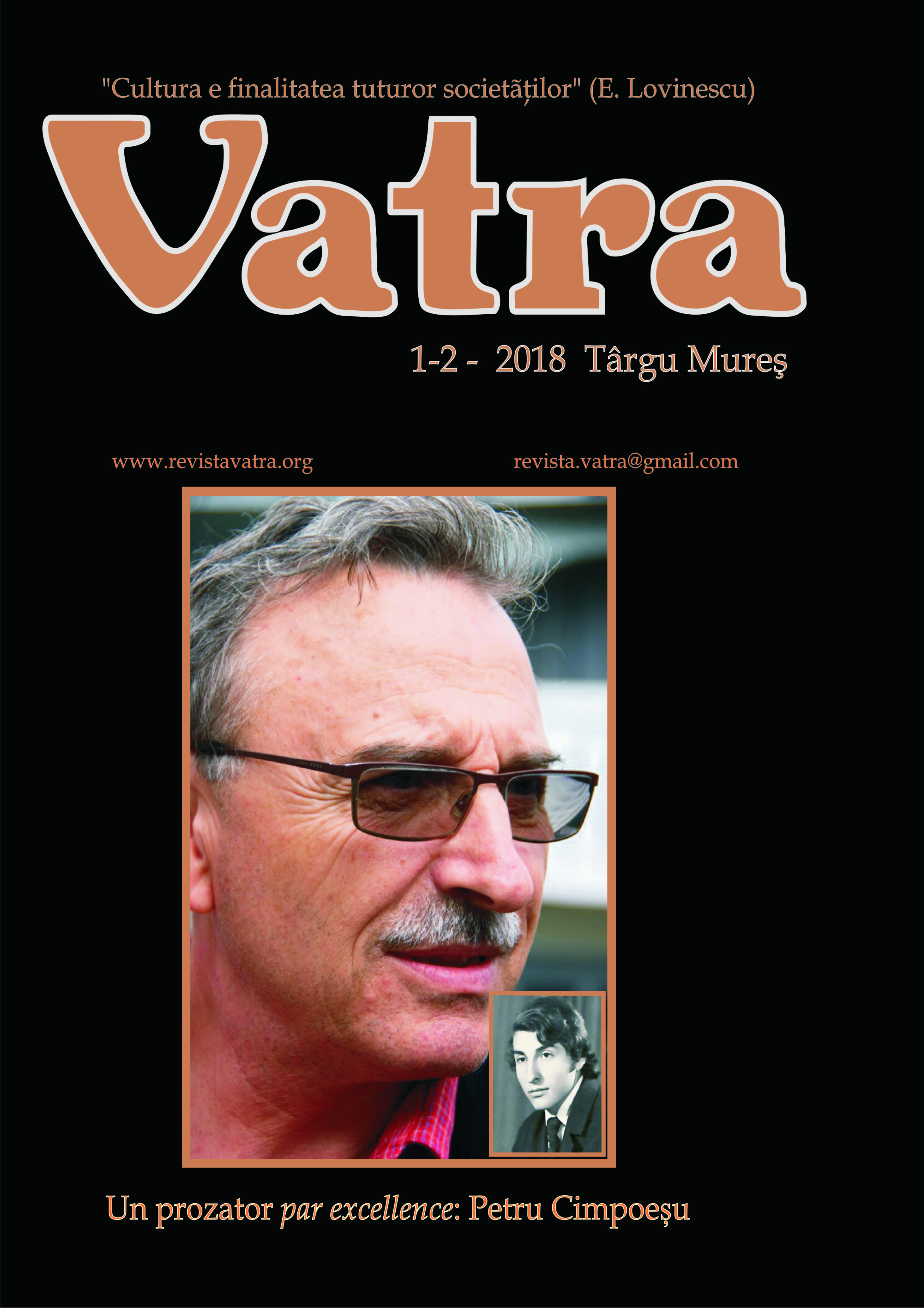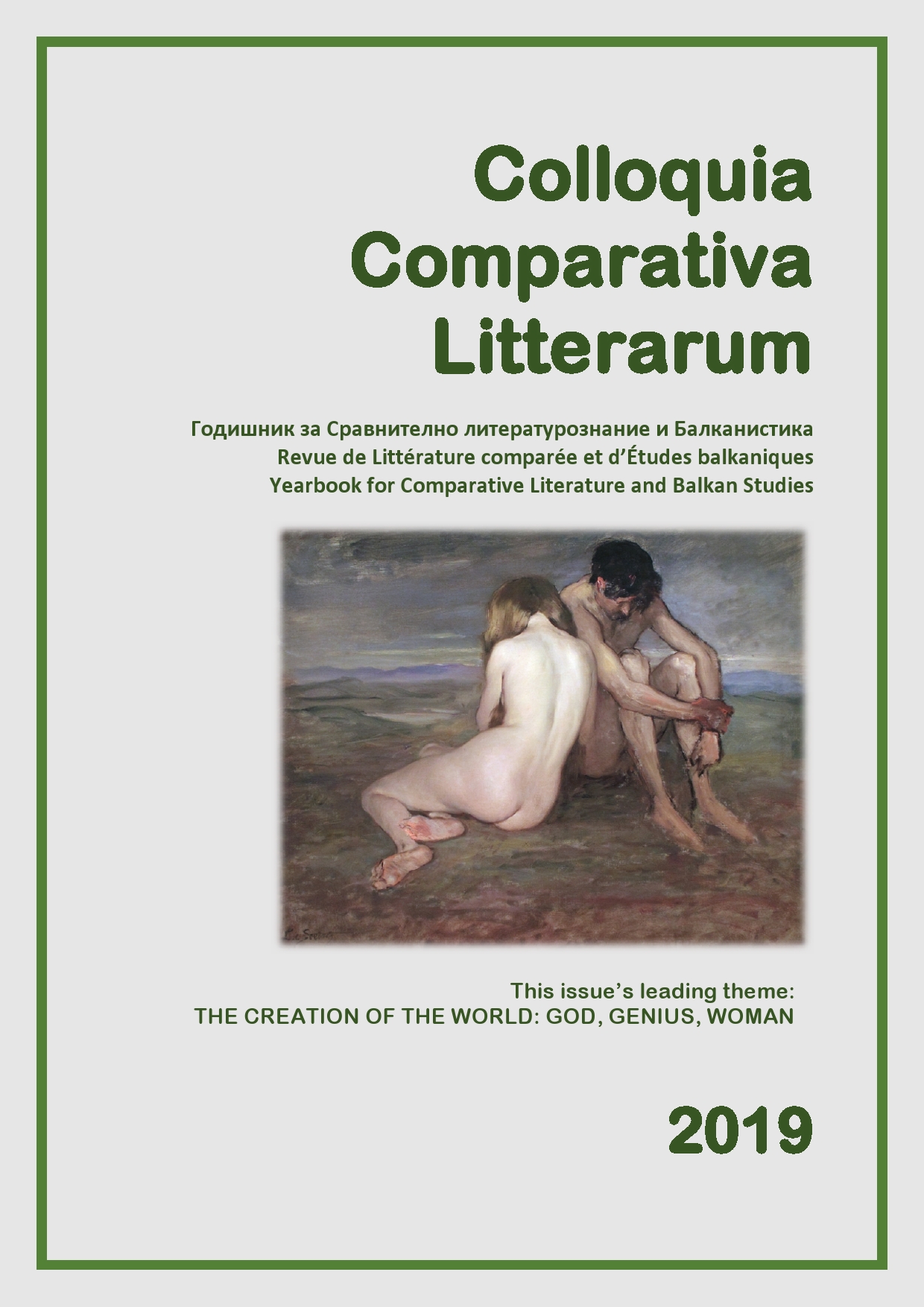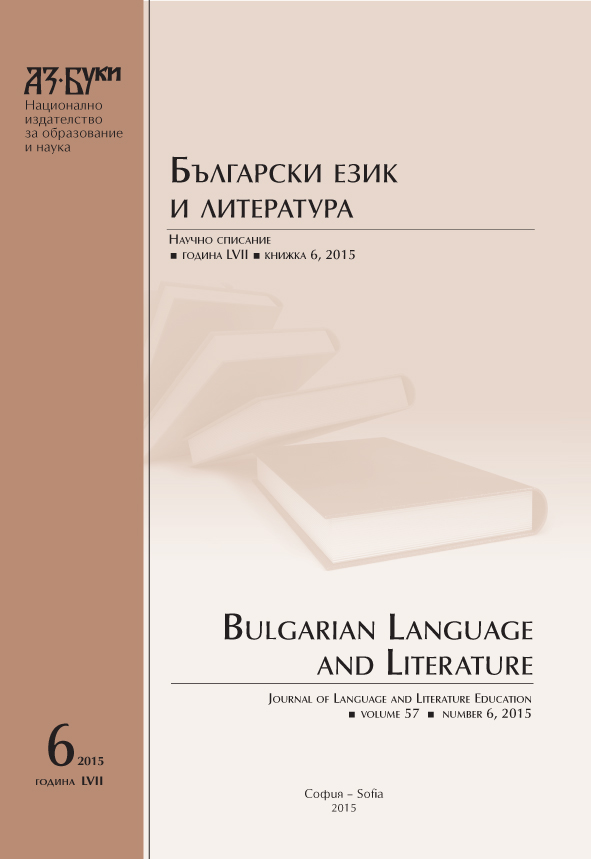
Стихът като пътешественик: представянето на съвременна българска поезия в чужбина. Аспекти и проблеми
The essay’s main intention is to battle the most common stereotypes associated with the contemporary literary scene in Bulgaria (defined as “a family life”). The author focuses on the problems that contemporary Bulgarian poetry faces when presented abroad. Other key issues include translation, popular myths about our language used as an excuse for the lack of international success and the different types of conformism which are being encouraged in the small “family circles”.
More...
